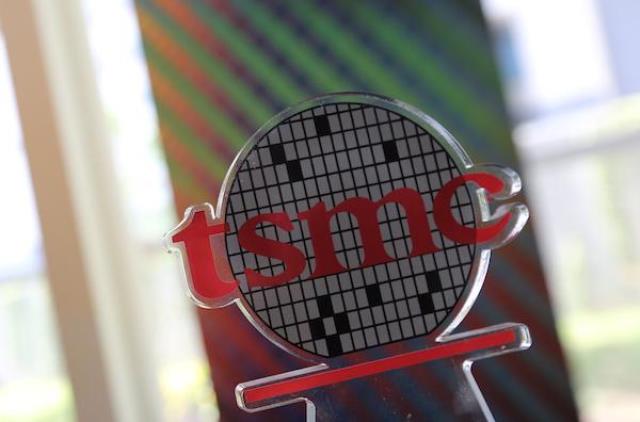Intel has outsourced the production of about 15-20 percent of its non-CPU chips, with most of the wafer starts for these products assigned to TSMC and UMC, according to TrendForce.
 While the company is planning to kick off mass production of Intel Core i3 CPUs at TSMC’s 5nm node in 2H21, Intel’s mid-range and high-end CPUs are projected to enter mass production using TSMC’s 3nm node in 2H22.
While the company is planning to kick off mass production of Intel Core i3 CPUs at TSMC’s 5nm node in 2H21, Intel’s mid-range and high-end CPUs are projected to enter mass production using TSMC’s 3nm node in 2H22.
Intel has experienced some setbacks in the development of 10nm and 7nm processes, which in turn hindered its competitiveness in the market.
Any components that Intel might source from Taiwan wouldn’t come to market until 2023 at the earliest and would be based on established manufacturing processes already in use by other TSMC customers, Bloomberg reported.
Apple and HiSilicon announced the most advanced smartphone processors, most of which are based on the ARM architecture, thanks to TSMC’s technical breakthroughs in process technology.
AMD, which is also outsourcing its CPU production to TSMC, is progressively threatening Intel’s PC CPU market share. Intel lost CPU orders for the MacBook and Mac Mini, since both of these products are now equipped with Apple Silicon M1 processors — manufactured by TSMC.
The shifts in the smartphone and PC CPU markets led Intel to announce its intention to outsource CPU manufacturing in 2H20.
The increased outsourcing of its product lines will allow Intel to continue its existence as a major IDM and maintain in-house production lines for chips with high margins, while more effectively spending Capex on advanced R&D, TrendForce said.
TSMC offers a diverse range of solutions that Intel can use during product development (e.g., chiplets, CoWoS, InFO, and SoIC). Intel will be more flexible in its planning and have access to various value-added opportunities by employing TSMC’s production lines.
Intel has a chance to be on the same level as AMD with respect to manufacturing CPUs with advanced process technologies, TrendForce said.
TSMC, the largest maker of semiconductors for other companies, has said it will make test manufacturing of 4-nanometer chips available in the fourth quarter of 2021 and volume shipments the following year.
The Taiwanese technology company expects to have a new facility in Baoshan operational by the end of this year, which can be converted to production for Intel if required. TSMC executives previously said the new Baoshan unit would house a research center with 8,000 engineers.
